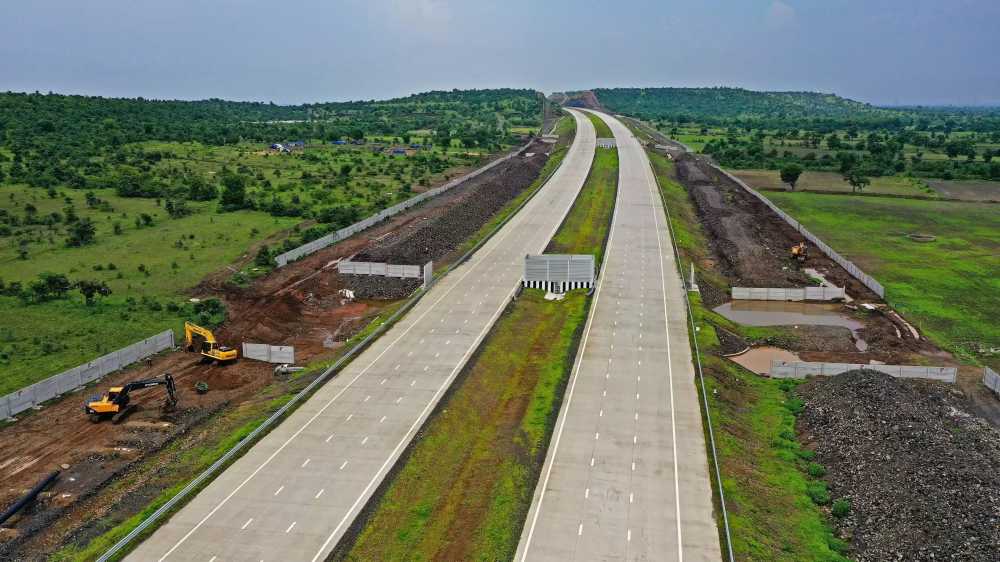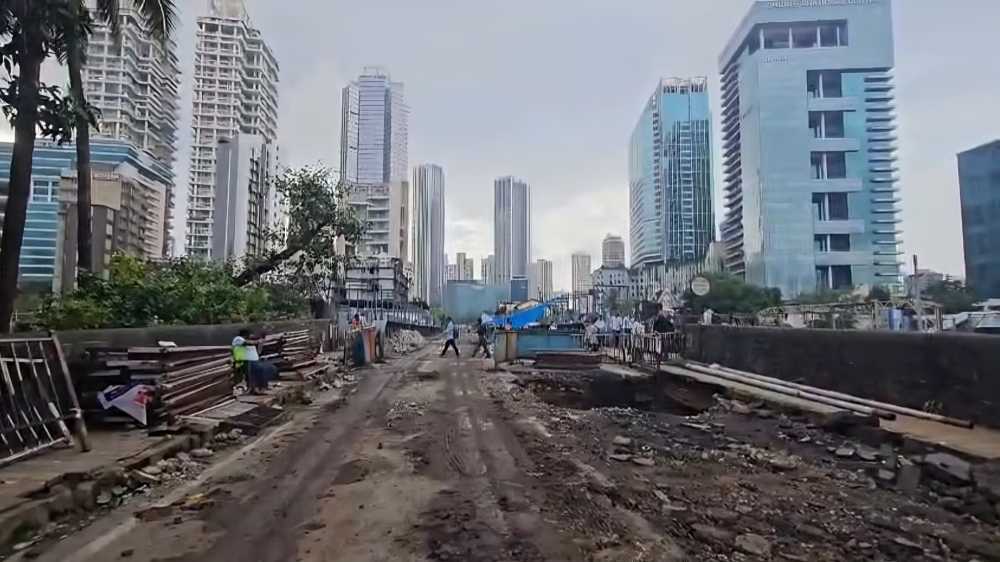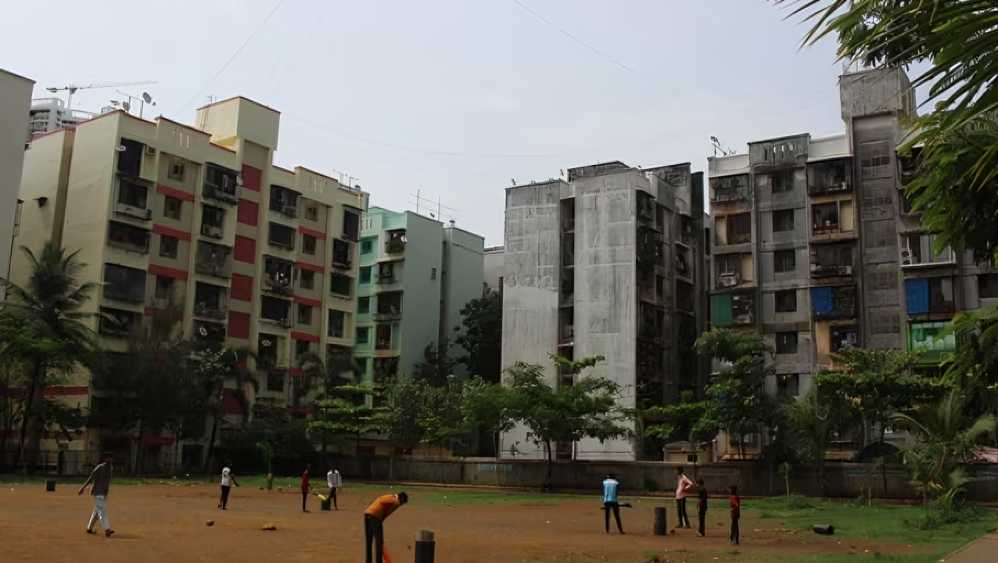August 20, 2025: Mumbai is set to witness one of its most ambitious urban greening initiatives, with the Brihanmumbai Municipal Corporation (BMC) announcing plans for a 53-hectare green zone along the Mumbai Coastal Road. The project will be executed and maintained through Corporate Social Responsibility (CSR) partnerships, ensuring the civic body incurs no direct financial burden.
According to officials, the entire 10.58-kilometre stretch—from the Princess Street Flyover to the Worli-end of the Bandra-Worli Sea Link—will be landscaped extensively. Once completed, it is expected to create nearly 70 hectares of uninterrupted green space on reclaimed land, reshaping the city’s ecological profile. The project cost, estimated at around Rs 400 crore, will be borne by private organisations that will also maintain the space for up to three decades under the CSR model. Expressions of interest have already been invited from corporates, public sector undertakings, and institutions.
Planners emphasise that the development will extend beyond beautification. It will include urban forests using the Miyawaki method, ecological parks with native plants, butterfly gardens, jogging and cycling tracks, yoga spaces, children’s play areas and senior citizen parks. Promenades, plazas, water features and an open-air auditorium also form part of the design. Sustainable elements such as modern irrigation, energy-efficient lighting, waste management systems and security infrastructure will be integrated throughout.
A seven-kilometre promenade, stretching from Priyadarshini Park to Worli, has been planned to encourage walking and cycling along the waterfront. Experts believe the project could serve as a model for other Indian cities facing pollution, shrinking public spaces and climate risks.
While welcomed by many, environmentalists caution that the scheme’s success will depend on ecological sensitivity. They stress that preserving biodiversity, planting native species and ensuring long-term maintenance are essential to avoid the site becoming ornamental yet underutilised. For Mumbai, long criticised for its concrete sprawl, the initiative marks a significant step towards sustainable and healthier urban living.
Source: Urban Acres





